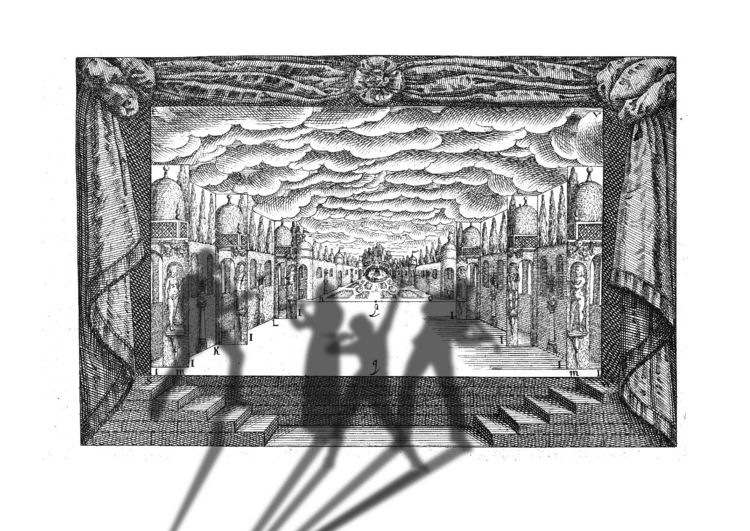Contact information
Institute of Music (» Postal address)

Project 3: Music History in Popular Music Theater since the 1970s
Clémence Schupp-Maurer, M.A.
Musicals and closely related forms of popular music theater, such as revues and plays with (popular) music, have been an essential part of historiographical music theater since the 1970s. Some canonical figures from earlier periods of music history set aside, this section of the repertoire above all refers to the popular music of the 20th century: There is a clear emphasis on the history of rock music (including popular stage figures like Buddy Holly, the Beatles, Rio Reiser, Tina Turner), on the history of jazz (presenting Louis Armstrong, Ella Fitzgerald, Billy Holiday i.a.) and chanson (portraying Marlene Dietrich, Edith Piaf, Hildegard Knef i.a.). Thus, historiographical music theater has made an important contribution to the historicization of pop and rock music since the 1970s. In addition to major centers of music theater, such as London’s Westend and New York’s Broadway, German municipal theaters are particularly active in this field.
PhD-Project
The Representation of Female Chanson and Jazz Singers in Popular Music Theater since the 1970s: (Re-)Production of Music Histories and Gender Concepts
Marlene (premiere: London, 1997), Piaf, je t’aime (premiere: Paris, 1996), M wie Marilyn (premiere: Bielefeld, 2002): Marlene Dietrich, Edith Piaf, Marilyn Monroe and many other female chanson and jazz singers have been popular characters of musical plays since the 1970s. The participants in the corresponding music theater productions, e.g. authors, singers and audiences, deal with music history. More precisely, they involve themselves with the music, the artistic practices and the biography of historical musicians. How do they experience this engagement with music history? How do they present the historical singers? And in what way are gender concepts processed and questioned through the staging of a historical musician? People rarely talk about Dietrich or Piaf without describing either of them as “seductress”, as “woman-child” or as “career woman”. Postures, gestures and Voices of these musicians, their clothing and make-up, the way they have shaped their lives and their artistic performances; all of the above have an impact on the image that can be seen and heard of them today in various media, including popular music theater.
Using methods from ethnography, theater studies and historical musicology, the PhD project analyses the performances as well as the experiences and perceptions of those involved. The main question of the project os to study how the participants (re-)produce music histories and gender concepts by staging female musicians.

